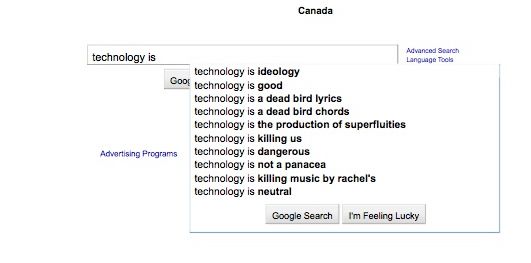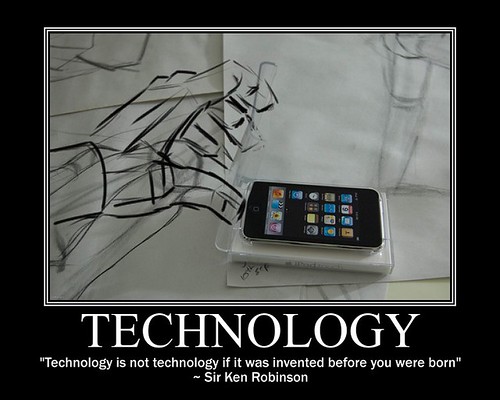
Technology is a difficult term to clearly identify because it’s used in so many ways. Presently, technology seems to go hand in hand with digital devices. Personally, in it’s most basic sense, I view technology as a human made tool meant to improve or simplify the task of the users. As well, most technology is developed into forms that were originally unintended and sometimes unwanted. Which leads me to think of a quote by Albert Einstein (1931),
“Concern for man himself and his fate must always form the chief interest of all technical endeavours… in order that the creations of our minds shall be a blessing and not a curse to mankind. Never forget this in the midst of your diagrams and equations. ”
With the rate at which technology is being developed, is anyone even listening to those that raise concerns about the impacts of certain technologies on our society?
Danny
Einstein, A. (1931, Feb 17). Address to students of the California Institute of Technology, Pasadena, California(16 Feb 1931). New York Times, p.6.






